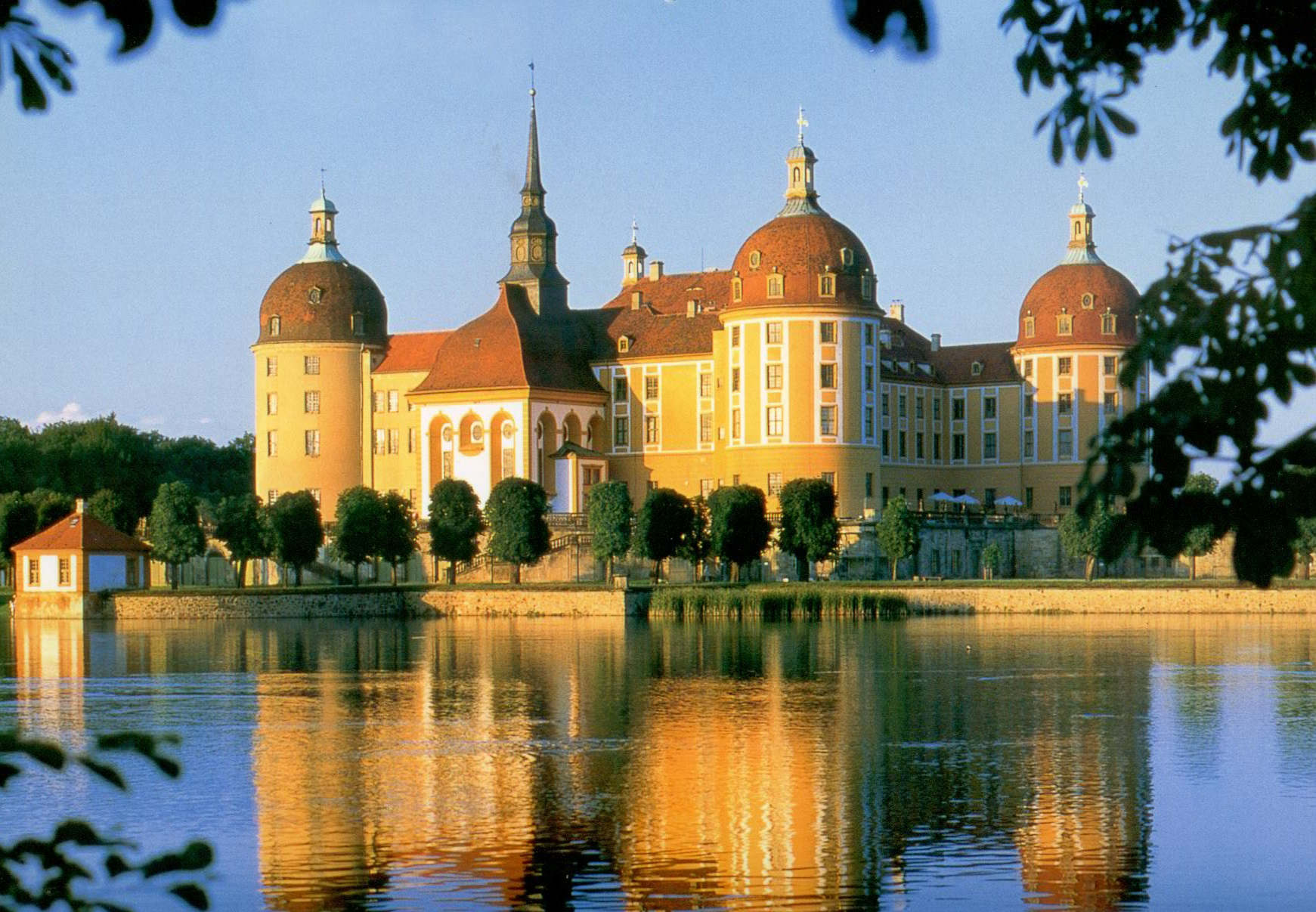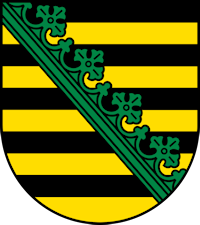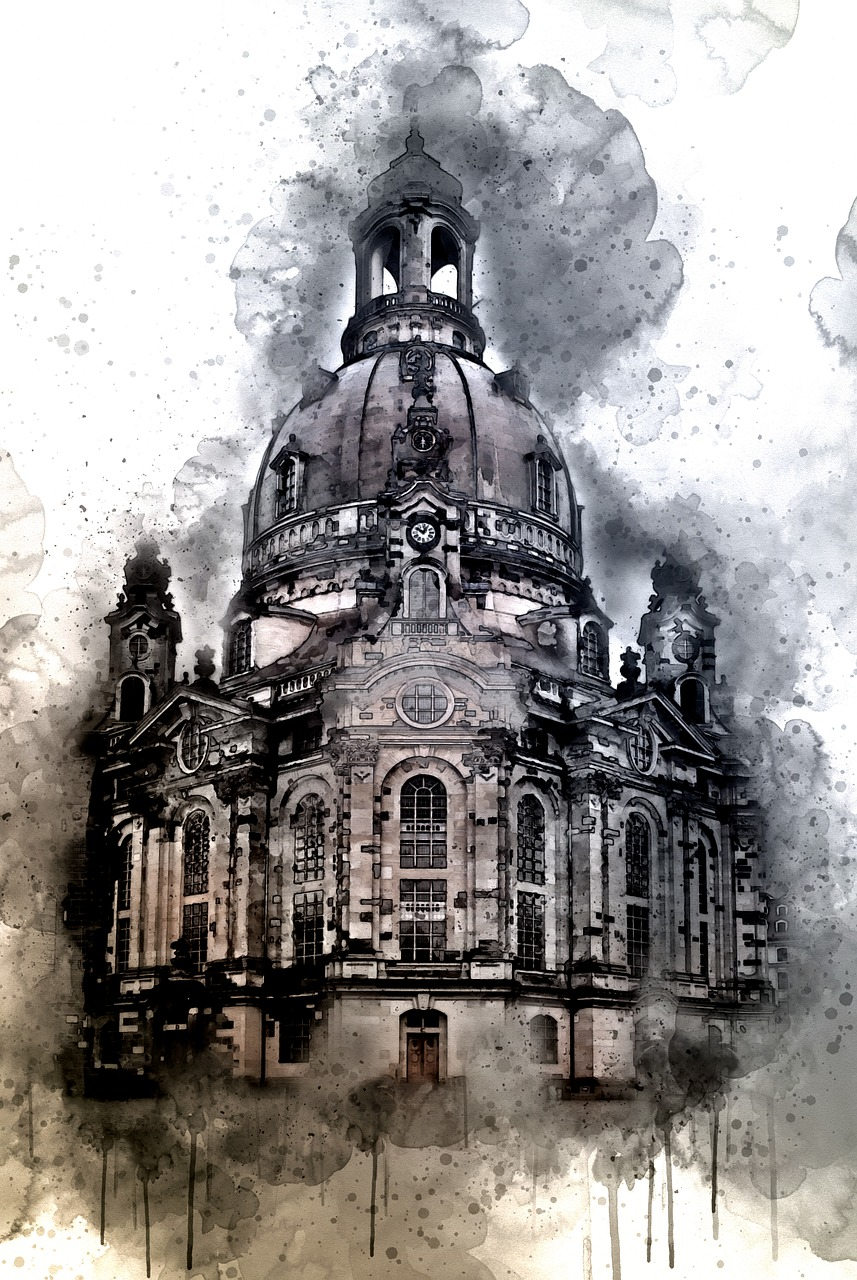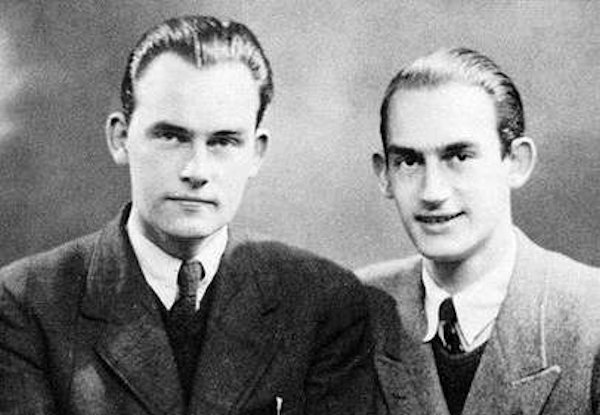After nearly four decades of friendship with the enigmatic Saxony brothers, their mysterious aristocratic heritage was revealed, shedding light on their reclusive lives.
Dedo and Gero Saxony, our neighbors in the tranquil community of Cressy in Prince Edward County, Ontario, left behind cherished memories after their passing. These eccentric and private gentlemen held secrets that surprised us all.
Upon their arrival in our community, the Saxony brothers aimed to blend inconspicuously into the rural surroundings. However, in a close-knit community like ours, anonymity proved challenging. Despite the countryside setting, they remained an enigma amidst curious neighbours.
Hidden behind a curtain of evergreens, their modest farmhouse provided a shield from prying eyes. They shopped and conducted business outside the County to maintain their anonymity. Their German accents and reserved demeanor further fueled the air of mystery. It wasn't until much later that we would uncover the reasons behind their enigmatic behaviour.
One pivotal dinner hosted by my in-laws marked the beginning of our interaction with the Saxony brothers. Clad in formal attire, they were polite yet awkward. Their manners were indicative of a more formal upbringing, a stark contrast to the relaxed North American lifestyle.
For over twenty years they lived in their old farmhouse in Cressy, and never seemed to overtly display wealth. We were intrigued though, when Gero told us about their upcoming trip to Ireland – for a dental appointment!

Gero visiting at the VanVlack farm
As time passed, our family gradually unraveled the layers of their reclusive world. They extended invitations and shared their passion for sleek cars, precision farming, and remarkable properties spanning Kingston to Florida.
Eventually, the brothers decided it was time to upgrade their Cressy accommodations. The finished house was extraordinary, with an indoor pool and all the amenities.
After their passing, the house was listed for sale in 2019 at $2,300,000.

The new Saxony house at Cressy lakeside
The true revelation came when we discovered their lineage—royalty from the House of Saxony in Germany. Born princes, Dedo and Gero grew up in a lavish baroque palace. They lived amidst opulent furnishings, hunted in regal woodlands, and experienced a life that others could only imagine.

Built in the 16th century, Moritzburg Castle is on a made-made island surrounded by a lake and woodlands. The woodlands and lakes were a favourite hunting area of the kings of Saxony and many rooms' furnishings are dedicated to courtly hunting.
The interior of the castle is furnished with examples of opulent baroque decor from the time of Augustus the Strong. The walls are covered in 17th century gold-gilded leather.
The Royal House of Saxony
 The German state of Saxony is located in the Eastern side of the country that borders the Czech Republic and Poland. One of the oldest dynasties in Europe, the House of Saxony influence extended to other countries, with members at various times ascending the thrones of Great Britain, Portugal, Bulgaria, Poland, Saxony, and Belgium.
The German state of Saxony is located in the Eastern side of the country that borders the Czech Republic and Poland. One of the oldest dynasties in Europe, the House of Saxony influence extended to other countries, with members at various times ascending the thrones of Great Britain, Portugal, Bulgaria, Poland, Saxony, and Belgium.
Prince Dedo and Prince Gero and their brother Timo, were sons of Princess Sophie of Luxembourg and Prince Ernst Heinrich of Saxony.
Dedo, as the eldest, was first in line to become head of the royal house.
Dedo's full title was Prince Albrecht of Friedrich August Johannes Gregor Dedo Saxony (Sachsen).
Gero's full title was Prince Rupprecht of Hubertus Gero Maria Saxony.
WWII disrupted their lives and destiny
 The turmoil of World War II disrupted their lives and destiny. When nearby Dresden was bombed in February 1945, the family fled to southern Germany to escape the advancing Red Army. Before they left, Ernst Heinrich and his sons buried most of their valuables worth approximately 500 million euros, in 40 crates in the Königswald forest near Moritzburg. The digging took three days.
The turmoil of World War II disrupted their lives and destiny. When nearby Dresden was bombed in February 1945, the family fled to southern Germany to escape the advancing Red Army. Before they left, Ernst Heinrich and his sons buried most of their valuables worth approximately 500 million euros, in 40 crates in the Königswald forest near Moritzburg. The digging took three days.
The brothers later relocated to Ireland alongside their father and stepmother, acquiring a farm and embracing Irish citizenship while adopting the surname Saxony.
In 1969, Dedo and Gero embarked on a journey that brought them to Canada, where they discovered solace on a farm nestled in the tranquil Cressy area of Prince Edward County, Ontario. Here they chose to spend their days, living modestly while imprinting the essence of their uniqueness upon their surroundings.
The end of a dynasty
In 1995, following the collapse of the Berlin Wall, three crates containing fragments of the Saxony family's treasure were found. The majority of this treasure, once plundered by the Red Army, had been transported to the Soviet Union. By 1999, what remained of the family's wealth was divided among the eight surviving relatives.
Gero's passing in 2003 and Dedo's in 2009 marked the end of their era. Neither had children, and their brother Timo's children were not recognized as dynastic members of the Royal House of Saxony. In 2014 it was officially determined that their family line had became extinct after almost one thousand years. Meanwhile, the Moritzburg Castle, having been expropriated by the state, now functions as a museum—a solemn testament to the bygone era of the Saxony dynasty.
Paying our last respects
As we remember Dedo and Gero, we honour their intricate lives and wish to keep their memory alive. The tale of these extraordinary brothers continues to intrigue, just as they once intrigued us.
Did you know Dedo or Gero Saxony? I'd like to hear about your experiences. Get in touch anne@countymoments.ca

